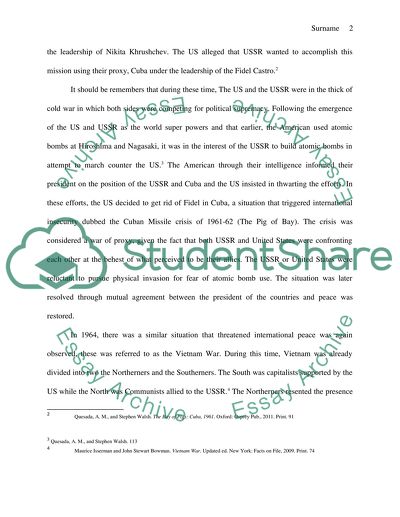Cite this document
(“International Security: Kuwait war 1990-1991 Essay - 2”, n.d.)
International Security: Kuwait war 1990-1991 Essay - 2. Retrieved from https://studentshare.org/history/1613351-international-security-kuwait-war-1990-1991
International Security: Kuwait war 1990-1991 Essay - 2. Retrieved from https://studentshare.org/history/1613351-international-security-kuwait-war-1990-1991
(International Security: Kuwait War 1990-1991 Essay - 2)
International Security: Kuwait War 1990-1991 Essay - 2. https://studentshare.org/history/1613351-international-security-kuwait-war-1990-1991.
International Security: Kuwait War 1990-1991 Essay - 2. https://studentshare.org/history/1613351-international-security-kuwait-war-1990-1991.
“International Security: Kuwait War 1990-1991 Essay - 2”, n.d. https://studentshare.org/history/1613351-international-security-kuwait-war-1990-1991.


